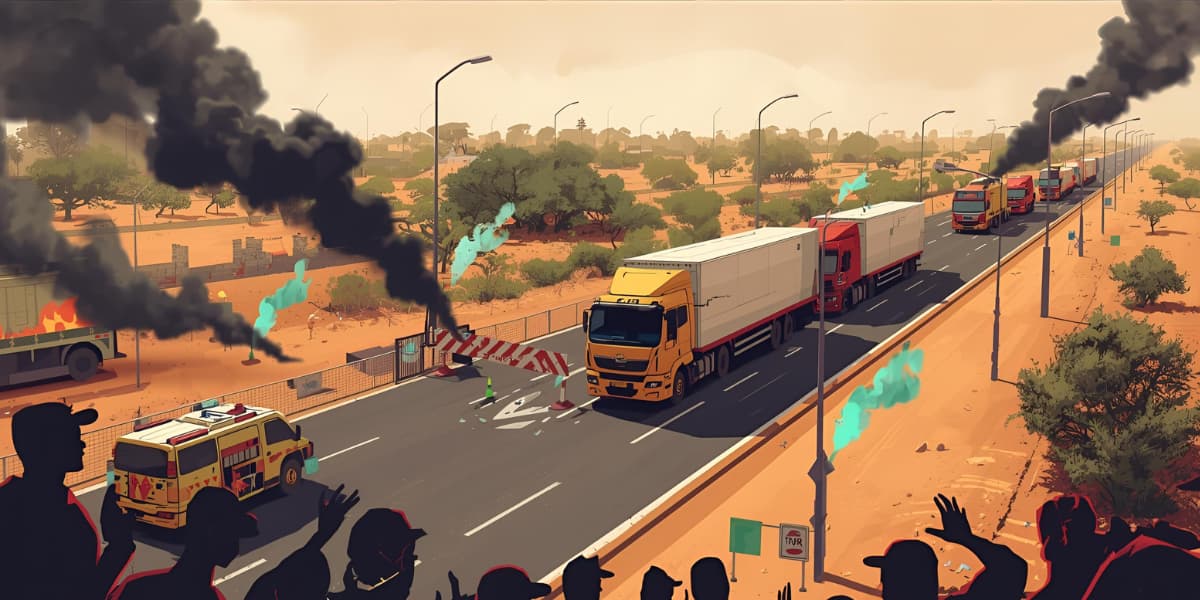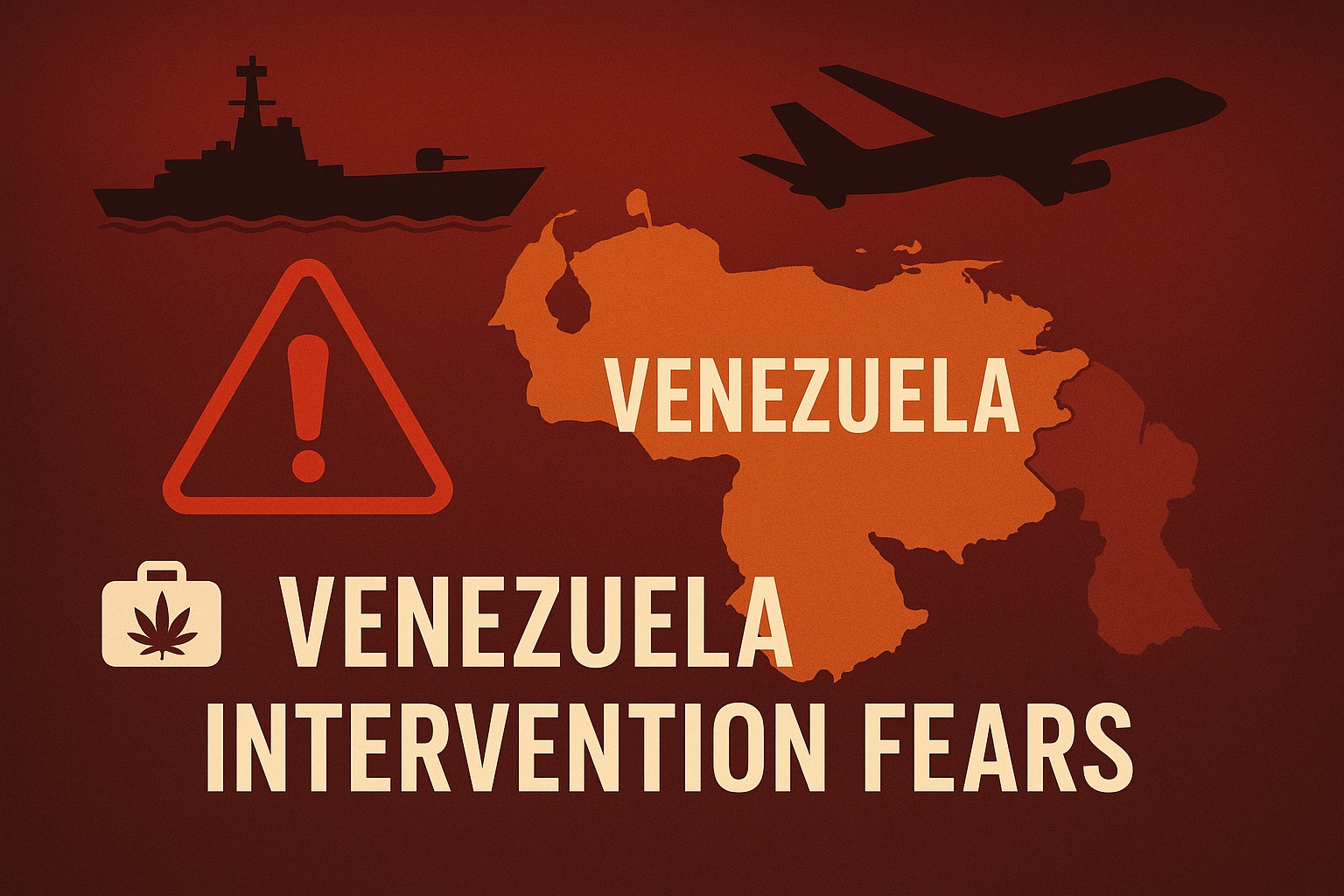Senegal Mali trade: 5 trucks devastatingly destroyed in militant blockade chaos
Trade between Senegal and Mali has faced a serious disruption after militants set fire to multiple trucks along a key transport route. The attack has halted vital commerce, affecting both local economies and cross-border trade networks. Authorities are working tirelessly to restore security and reopen the passage for traders and transporters.
Senegal Mali trade ِAnd Details of the Incident
The militants targeted a convoy of five trucks, igniting them in broad daylight and causing significant damage to the road infrastructure. Eyewitnesses reported that the attackers used barricades and improvised devices to stop traffic, leaving drivers stranded and goods at risk of spoilage. The chaos has created panic among traders who rely on this crucial corridor for business.
Immediate Response
Security forces from both Senegal and Mali were swiftly deployed to the scene, attempting to contain the escalating violence and protect the remaining vehicles and cargo. Emergency teams worked tirelessly to extinguish the fires, clear the wreckage, and secure the road for safe passage, while local authorities urged residents and traders to remain calm. The incident underscores the growing and complex security challenges facing border trade in West Africa, highlighting the urgent need for coordinated regional responses and long-term protective strategies.
Senegal Mali trade And Impact on Local Economy
The Senegal Mali trade blockade has caused immediate economic disruptions. Local traders face losses as goods are delayed or damaged, while transport companies report significant financial setbacks. Essential commodities, including food and construction materials, are particularly affected, creating tension among communities dependent on cross-border trade.
Authorities’ Measures
Both Senegalese and Malian authorities have significantly increased security patrols along the key trade route, aiming to prevent further attacks, protect transporters, and reassure worried traders. Officials are also working diligently to clear debris, repair damaged infrastructure, and implement temporary safety measures. For more detailed insights on West African trade security and regional risk assessments, visit Africa Report: Trade Security Updates.
Community Response
Local communities have expressed deep concern over the incident, calling for stronger protection of trade routes. Many residents have organized voluntary patrols and report suspicious activities to authorities, showing a commitment to safeguarding economic lifelines that sustain their livelihoods.
Regional Trade Implications
The Senegal Mali trade disruption highlights vulnerabilities in West African transport corridors. Traders and regional partners are concerned that repeated attacks could weaken economic ties, raise transport costs, and discourage investment. Maintaining secure trade routes is essential for regional stability and prosperity.
International Reactions
International organizations and trade bodies have urged both governments to enhance border security. The Economic Community of West African States (ECOWAS) emphasizes the importance of safeguarding major trade arteries to support economic growth. For further reference, see our internal article on West Africa trade security measures.
Long-Term Security Challenges
Experts warn that without consistent and comprehensive security measures, militant attacks could become more frequent and sophisticated, posing severe risks to regional trade networks and economic stability. Collaboration between security forces, local communities, transport operators, and international partners is critical to protect commerce, ensure the safe movement of goods, and prevent further financial and logistical losses across the Senegal-Mali corridor.
Conclusion
The Senegal Mali trade route blockade demonstrates the fragility of key transport corridors in West Africa. The torching of five trucks by militants not only disrupts commerce but also affects local economies and regional trade relationships. Immediate action by authorities, combined with community engagement, is essential to restore safety, ensure economic continuity, and prevent future attacks along this vital corridor.




